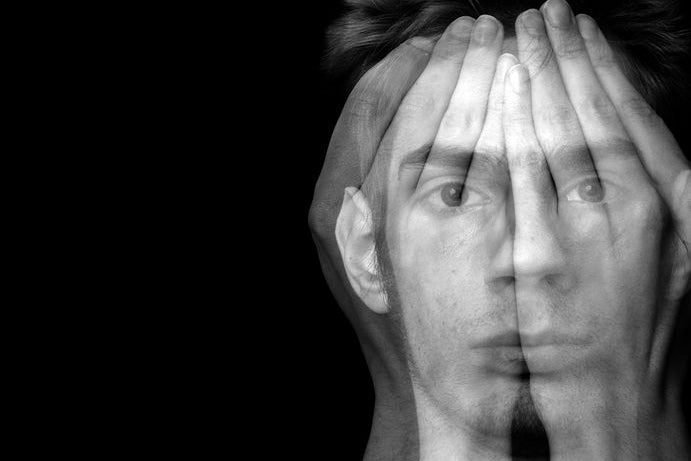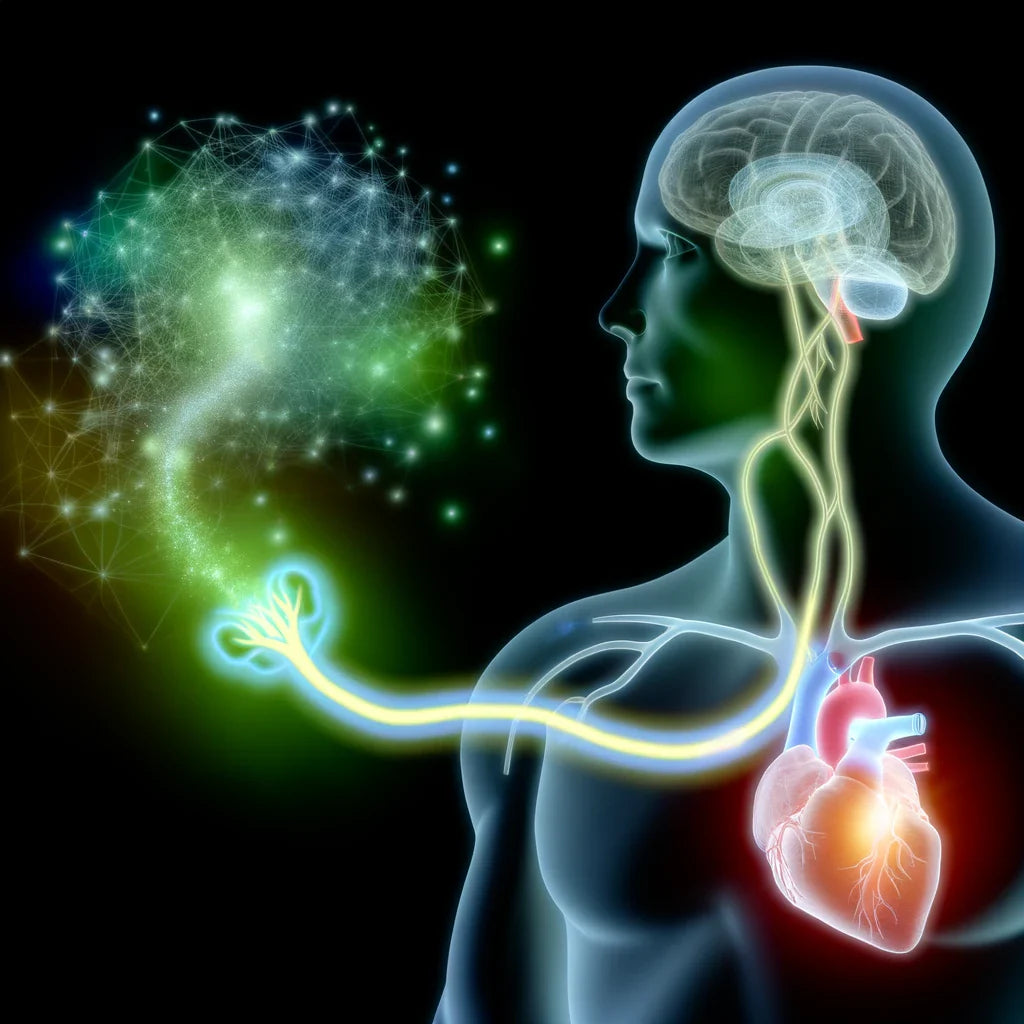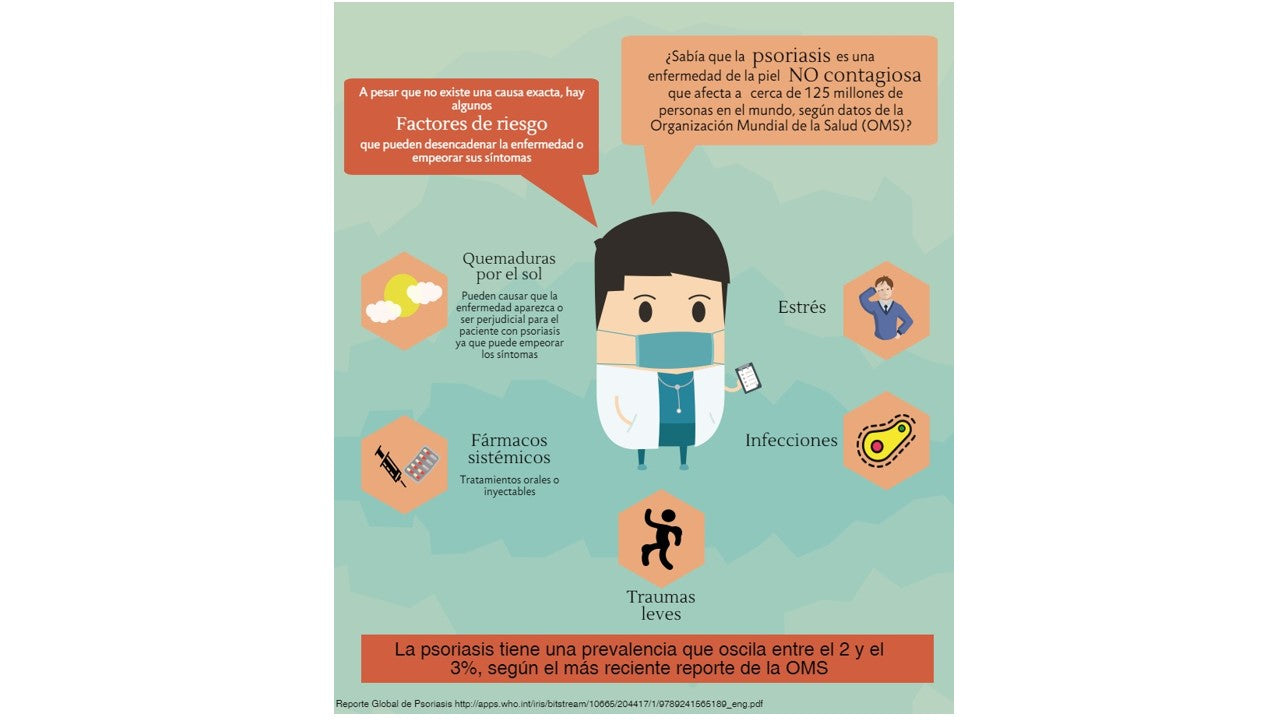
- 29 Apr 2023
No more stigma, having schizophrenia and leading a normal life is a reality
The lack of information and knowledge of mental illnesses generates discrimination and stigmatization against people who suffer from them. Any subject can suffer from a mental disorder; According to data from the World Health Organization (WHO), 1 in 4 people in the world suffers from some psychological disorder throughout their lives. [1]
When talking about mental illnesses or disorders, reference is made to disorders such as depression, dementia, autism, bipolar affective disorder and psychoses such as schizophrenia; The latter affecting more than 21 million people in the world. [2]
Schizophrenia is a psychological disorder that generates distortion in thinking, perceptions, behavior and self-awareness, sometimes also affecting language. According to the Ministry of Health, in Colombia the prevalence of this disease represents approximately 1% of the population, more than 400,000 people suffer from it.
Symptoms such as hallucinations, delusions, disorders of thought and movement, change in self-esteem, deterioration of emotions and isolation are characteristic of the disease. [3]
Treatments for this condition have advanced over time, there are effective therapies that reduce symptoms and produce fewer side effects, they also extend their therapeutic activity to the negative symptoms of schizophrenia such as social isolation, depression, feelings of guilt and anxiety, and positive symptoms such as hallucinations and delusions.
These therapies work to treat schizophrenia and other mental illnesses such as conduct disorders or other behavioral disorders in children, adolescents and adults, as well as bipolar disorders. They are effective in maintaining clinical improvement in a patient who has responded to initial treatment and additional interference interferes as little as possible with the person's lifestyle.
These therapies, combined with adequate nutrition, healthy habits, non-consumption of toxic substances and social and family support, are key for the person to lead a normal life, since they allow the patient's quality of life to improve as well as their functioning. at a social and work level.
Despite the progress in the study and treatment of this disease, the stigma against these people continues to spread within society, ignorance and lack of information makes exclusion a predominant factor in the population.
Studies reveal that 28% of the population would not interview a person with a mental disorder for a job and 18% think that people with mental illnesses are dangerous [4] . These and other wrong postures cause people who suffer from mental problems to be singled out, influencing the patient's recovery.
There are many myths that society has created and that have gained strength to the point that they are believed to be real, statements such as that a person with mental illness cannot have a job, cannot sustain a personal or family relationship, is violent, is strange. or dependent, considerably affects the patient's condition, leads him to isolate himself, does not ask for help and prefers not to resort to medical attention.
However, it is possible to change your thinking and have a different and correct perspective towards people who suffer from mental disorders, they do not need pointing out, they need normal treatment from society.
Being informed, listening and, above all, understanding that a person diagnosed with mental illness can lead a normal life helps combat and eradicate stigma.




























